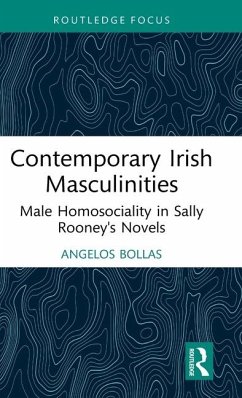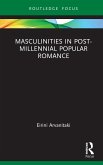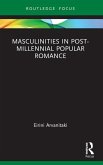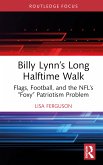By examining portrayals of male homosociality in Sally Rooney's novels, the book documents how male relationships are formed, challenged, and often disavowed and the profound negative effects this can have for the wellbeing of men. The book also highlights the importance of the sociocultural context within which male relationships are formed and supports that the potential for healthy and meaningful relationships between men depends on how they are brought up to view themselves as men and their role in the society they live in. That is, despite the many examples whereby space for authentic and meaningful male homosociality is limited and well concealed, the book also offers a more optimistic potential for men's relationships by illustrating the significance of broader understandings of masculinity, unfettered by homophobia and misogyny, in allowing for male homosociality with the potential of emancipating men from heteropatriarchal norms which dictate their behaviour toward themselves and others.
Bitte wählen Sie Ihr Anliegen aus.
Rechnungen
Retourenschein anfordern
Bestellstatus
Storno








